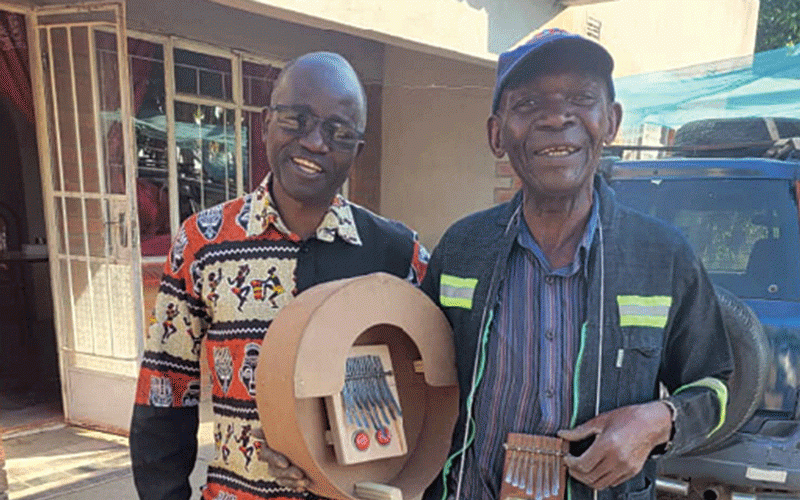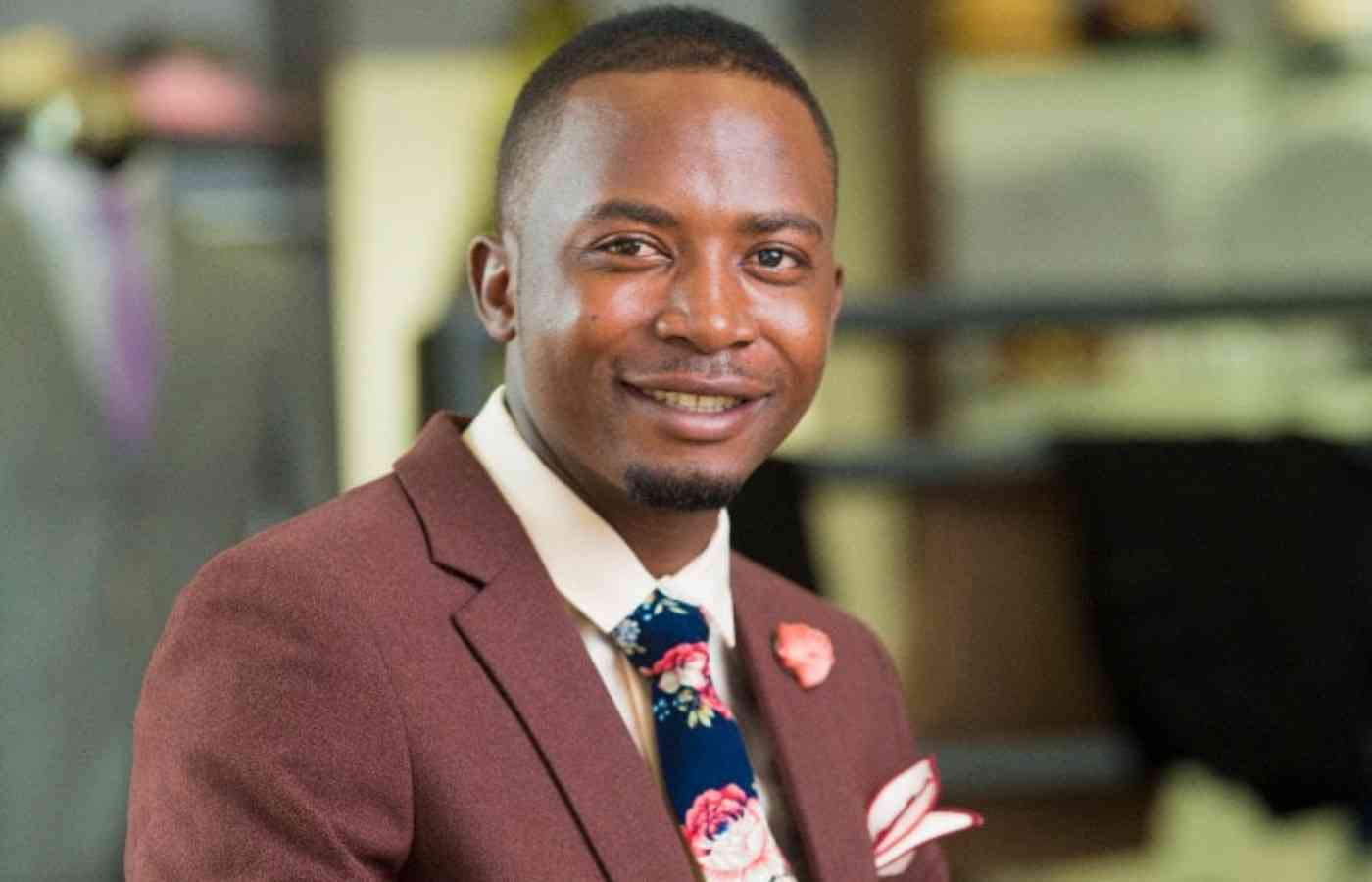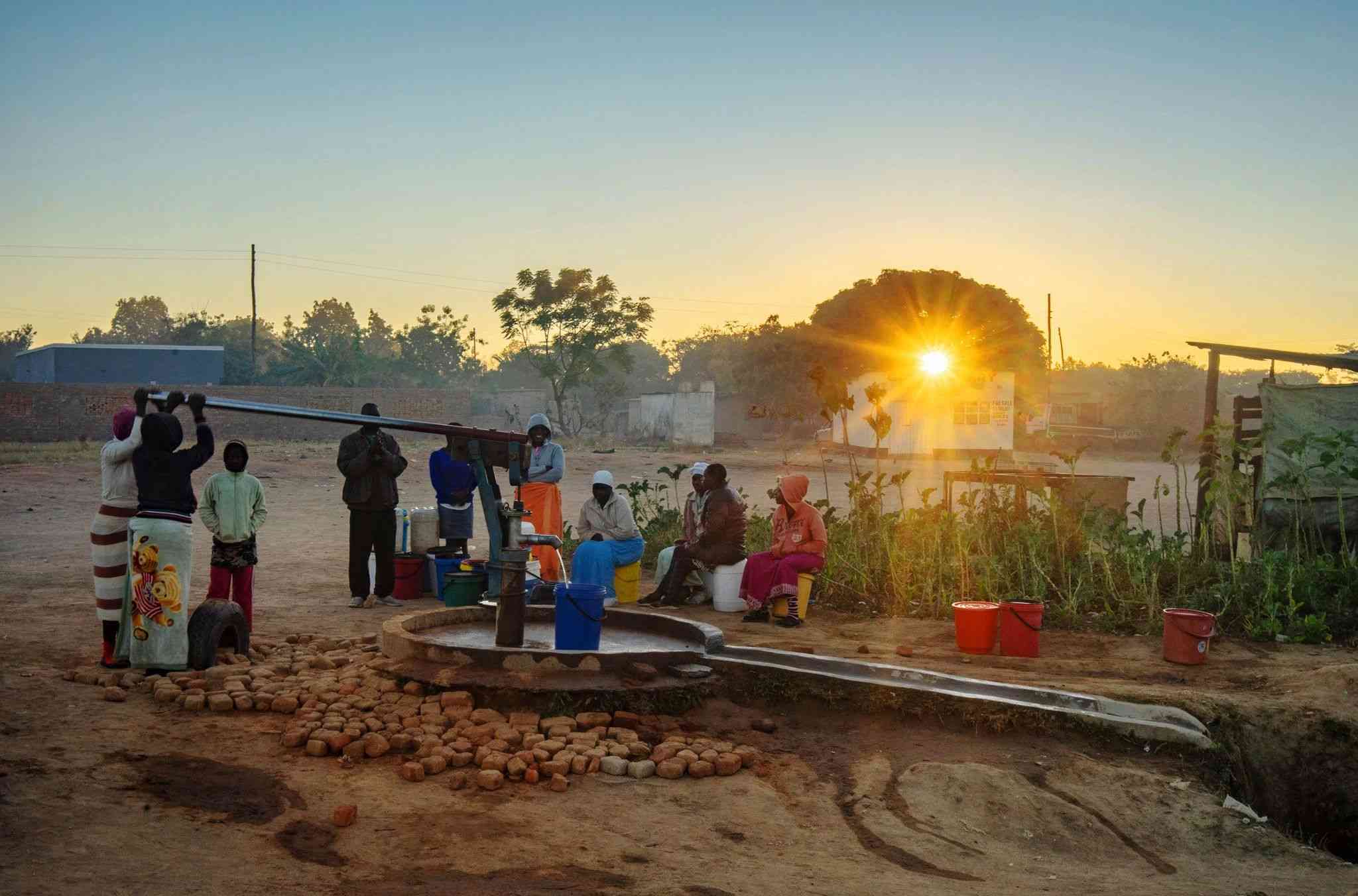
SAMPLE Chigumbu is arguably one of the most refined makers of traditional music instruments like marimba and mbira and has also maintained their traditional sounds and melodies through song and the organology of the instruments themselves.
At 71 and still going strong, Chigumbu narrates Zezuru ancestral and mbira history with an interesting level of proficiency.
He said he was in 1994 the youngest mbira player in a group of 25 elders which had the likes of the late Thomas Wadharwa, popularly known as Sekuru Gora.
NewsDay Life & Style caught up with Chigumbu at his homestead in Dema, Seke, just outside Chitungwiza, where he was capacitating music lecturers from Morgan Zintec Teachers College with music instrument manufacturing skills.
The five lecturers from the music department were all given theory and practical tutelage in a traditional way.
They took pride in pointing at the resonators and sound boards, which they had just finished.
There was also the joke of the day when the mastermind, Chigumbu dismantled one mbira at ease as the class had made “several errors”.
Chigumbu, in a craftsman style, re-assembled the metal mbira tongues, tuned the instrument and in no time, tested it through the popular traditional song Chemutengure.
- Over 115 to exhibit at Mine Entra
- Young entrepreneur dreams big
- Econet bemoans power outages
- Govt opens ChiTown e-passport centre
Keep Reading
The instrumental play was highly fluid and sentimental, including a highly composed natural singing voice which made everyone present to notice and believe that they still had plenty to learn from Chigumbu.
In the past, Chigumbu has hosted ethnomusicologists and researchers like David Scaldash and Eric Azim, who visited him for acquaintance with Shona traditional musical styles, including mbira and marimba playing.
“I learnt how to play mbira from my brother Stanley, who was a self-taught genius and spiritually-inspired person. He would lend me his mbira instrument for sometime during the school holidays when he visited our home in Dema, Seke,” he said.
“In no time, I was already capable of playing the Nhemamusasa song and from there, l never looked back. I made my first mbira with a soft wood soundboard and from there, I made efforts to learn how to carve hard wood.
“I like these lectures, but hate the pain that comes with striking steel with hammers. It takes patience and good practice to come up with good mbiras.”
Chigumbu also stated that a true history of Zimbabwe should be reconstructed through visiting communities so that they tell their own stories.
He said class teachers told a diluted version of the story of Sekuru Chaminuka.
“I have first-hand information on how Shona spirit mediums prophesied the independence of Zimbabwe. There were also several miraculous happenings which the Rhodesian police hid in their docketing and oration about Chaminuka. Sekuru Chaminuka refused to get into their vehicle to the Charge Office in Harare and agreed he would surrender himself on his own time,” Chigumbu claimed.
“When the police arrived at the police station, he was already there. After their questioning, he miraculously disappeared. They followed him up in Seke only to see him playing mbira at his homestead.”
He added that such stories had to be told so that people know miracles and prophecies were there in the past.
Chigumbu recorded a mbira music album called Ndongosienda, Shona for “I always go” in English.
The Ndongosienda album features songs like the title track Ndongosienda, Nhemamusasa and Taireva, just to mention four of the eight tracks.
Assiel Tavonga Chipadza, a lecturer at Morgan Zintec Teachers College and director of the Music Consultancy Society Music Academy, who was also part of the workshop, said: “As lecturers, we strongly feel that people like Sekuru Sample Chigumbu must be well resourced with machinery and further capacitation so that they help teachers and musicologists effectively.”
The other lecturers were Glandina Nhamo, who heads the Morgen Zintec Teachers College Music Department, Carl Muza and George Moyo.








